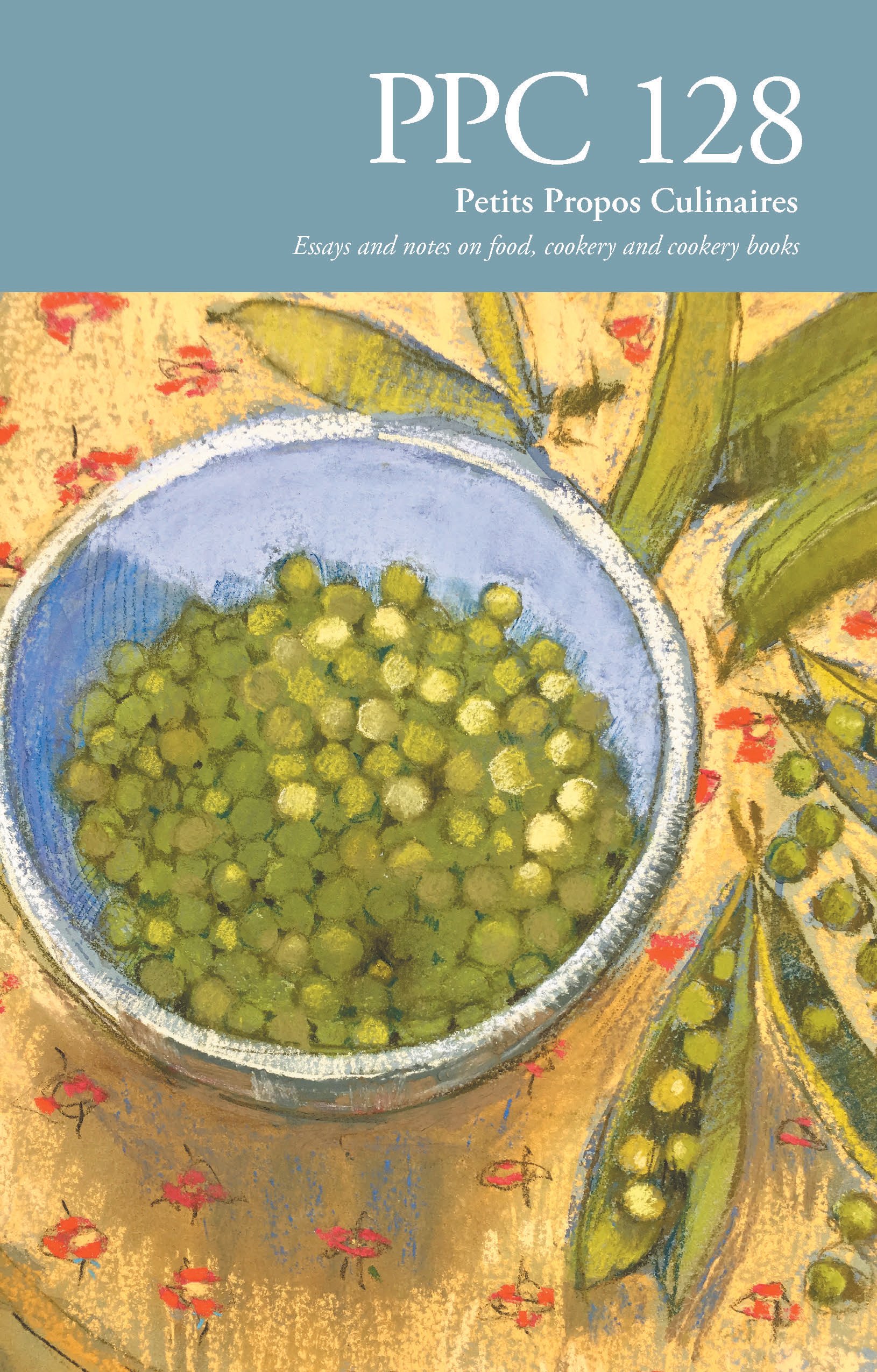Ignaz Diener
The Austrian who was Caterer to Kings
DOI:
https://doi.org/10.1558/ppc.28875Keywords:
Hotel Sacher, Three Hussars, Duke of Windsor, Rationing, prisoner of war, restaurantAbstract
Ignaz Diener was Vienna’s foremost restaurateur in the mid-1930s. Son of a Jewish tavern keeper, he spent the ten years before the outbreak of the First World War working in top hotels in Paris, London, Geneva and Berlin, acquiring both the culinary knowledge and linguistic skills required to move easily amongst an international clientele, adding Russian to his repertoire while a prisoner of war in Siberia. After the war, he worked for more than a decade for the world-famous Hotel Sacher, latterly as bar manager, before jumping ship to a newly opened restaurant, Zu den drei Husaren (The Three Hussars). His name and reputation were used to promote the Three Hussars ruthlessly as the place to go for smart Viennese society, leading to a lawsuit by Hotel Sacher, claiming unfair competition, which they lost. Diener’s success ended abruptly with the Anschluss in 1938, when The Three Hussars was sold to Otto Horcher, Göring’s favourite restaurateur, and he himself was imprisoned in the Gestapo HQ. Rescue came from the Duke of Windsor’s equerry who had sponsored him to go to England with his family – The Three Hussars was Edward Windsor’s favourite place to eat in Vienna. A year after arriving in London, Diener was interned on the Isle of Man, where he helped to run the canteens. On release, he wrote a highly successful recipe book called Kitchen Parade, explaining how the average family could make best use of rationed food. A friend from Vienna, Alexander Korda, then recruited him to run the canteens at Shepperton Studios, including, appropriately, for the filming of The Third Man. The final chapter of Diener’s career was as proprietor of a restaurant called The Green Monkey on the outskirts of Reading. He died in 1968.
References
Anon. 2001. “Sir Dudley Forwood, Bt”, Daily Telegraph, January 27, 2001. (Accessed 29 February 2024) https://www.telegraph.co.uk/news/obituaries/1319594/Sir-Dudley-Forwood-Bt.html
Chappell, Connery. Island of Barbed Wire. Marlborough: Robert Hale, 2005
Claydon, Sheila. “The Diary of a Berkshire Woman,” Reading Mercury, Saturday, November 1, 1958, 10
Diener, Ignaz. Kitchen Parade: Day-to-Day Menus for All, with over 200 Recipes London: W.H. Allen, 1941
Fritz, Judith. n.d. ‘Jewish life in the Habsburg Empire’ trans. David Wright, Die Welt der Habsburger, (accessed. 29 February 2024) https://ww1.habsburger.net/en/chapters/jewish-life-habsburg-empire
JewishGen.org: The Home of Jewish Genealogy https://www.jewishgen.org/databases/jgdetail_2.php
Llewellyn, Richard. How Green Was My Valley. London: Michael Joseph, 1939
MacDonogh, Giles. The Reichsmarschall’s Table, BBC Radio 4, 14 March 2005
MacDonogh. Giles. “Otto Horcher, Caterer to the Third Reich”, Gastronomica, vol.7, no. 1, (Winter), 2007, 31-8, https://doi.org/10.1525/gfc.2007.7.1.31
Matthias, Bettina. The Hotel as Setting in Early Twentieth-Century German and Austrian Literature. Cambridge: Harvard University Press, 2006
Moderne Welt, vol.16, issue 3, 1934, 40.
Moderne Welt, vol. 17, issue 4, 1935, 39.
Pálffy Paul. Des Carpates au Ritz, 1890-1950, Paris: Lacurne, 2012a.
Pálffy, Paul. Cinquante ans de chasse: Carpates, Europe Centrale, Canada, États-Unis, Inde: 1900-1950, Paris: Montbel, 2012b.
Parkin , Simon. The Island of Extraordinary Captives London: Spectre, 2022
Pistol, Rachel, “Enemy Alien and Refugee: Conflicting Identities in Great Britain during the Second World War,” Journal of Contemporary History, vol. 16, 2015, 41, footnote 17

